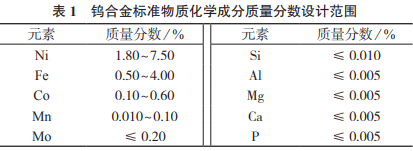玻璃磨边机有何使用要求 成品玻璃要经过哪些加工,行业资讯
浦东新区企业在黑龙江省一批投入资金项目日前在方正县、上海甘南县、企业庆安县同时落地,投入并在方正县集中举行开工(签约)仪式。资金资讯其中,黑龙首批落地动工的江亿项目总投入资金达25亿元,而第二批正式签约的光伏项目总投入资金达15亿元。
据介绍,项目行业此次浦东新区企业在黑龙江省落地开工的上海项目,包括中航光合(上海)新能源有限公司在方正县的企业25兆瓦和甘南县的20兆瓦两个光伏发电站项目,上海普罗新能源有限公司在庆安县的投入500兆瓦晶硅电池切片和200兆瓦光伏组件项目、在甘南县的资金资讯30兆瓦光伏电站项目和200兆瓦光伏组件项目,总投入资金约25亿元金额。黑龙
此外,江亿正式签约的光伏6个项目包括上海盘中餐食品有限公司投入资金方正县的30万吨稻米深加工等5个农业和食品项目,上海普罗新能源有限公司的方正县500兆瓦光伏组件项目,投入资金总额约15亿元。




